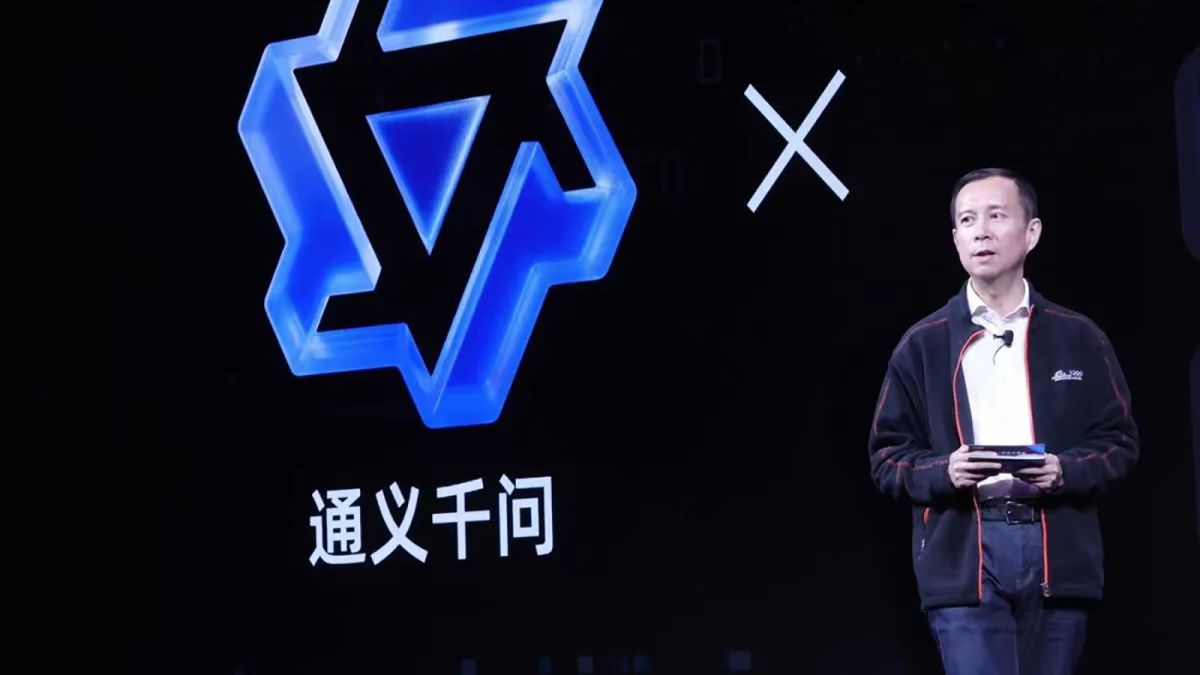
On Tuesday, Alibaba demonstrated its response to the ChatGPT frenzy, displaying new software that it wants to eventually roll out across all of its platforms.
What is Tongyi Qianwen?
Tongyi Qianwen, a huge language model revealed by the Chinese internet giant, will be included in its Tmall Genie smart speakers and workplace chat platform DingTalk. It was trained on massive amounts of data to provide compelling responses to user prompts.
According to the company, the technology will first be integrated into those two products before being applied to all Alibaba (BABA) platforms, ranging from e-commerce to mapping services.
Group CEO Daniel Zhang, who also runs Alibaba’s cloud division, unveiled the new AI-powered service at a conference in Beijing, demonstrating how it can help users transcribe meeting notes, construct business pitches, and read children’s stories.
Tongyi Qianwen, which roughly translates as “finding truth by asking a thousand questions,” has been made available to enterprise customers for testing before being made available to additional users.
“We are at a technological watershed moment, driven by generative AI and cloud computing,” Zhang said.
The technology that powers platforms like ChatGPT is known as generative AI. The service has risen in popularity in recent months, and Chinese IT companies have been racing to build their own versions, prompting some critics to fear that the trend would exacerbate an already heated rivalry between the US and China in emerging technology.
Alibaba’s customized models
Alibaba, which has a big cloud computing business, said in a statement that clients of that division will be able to use the new technology to develop their own bespoke huge language models.
The debut follows Baidu’s (BIDU) launch of its own ChatGPT-style service last month. Baidu (BIDU) demonstrated how their chatbot, ERNIE, could write a company newsletter, come up with a corporate motto, and solve a math conundrum during a similar presentation.
SenseTime, one of China’s most notable AI firms, released a range of new services on Monday, including a chatbot named SenseChat.
China will establish regulations to oversee the functioning of such services. The country’s cyberspace authority said in draft rules released Tuesday to elicit public opinion that generative AI services would be forced to undergo security checks before they could operate.
Users’ true identities will also have to be verified by service providers. They must also share information on the scale and type of data they employ, as well as basic algorithms and other technical details. (https://hopeclinical.com) Following the event, Alibaba’s Hong Kong stock rose 1.6%.
Last month, the corporation revealed its intention to divide its operations into six sections. The majority of those units, including its cloud services company, which handles AI initiatives, will be allowed to raise cash and go public.






